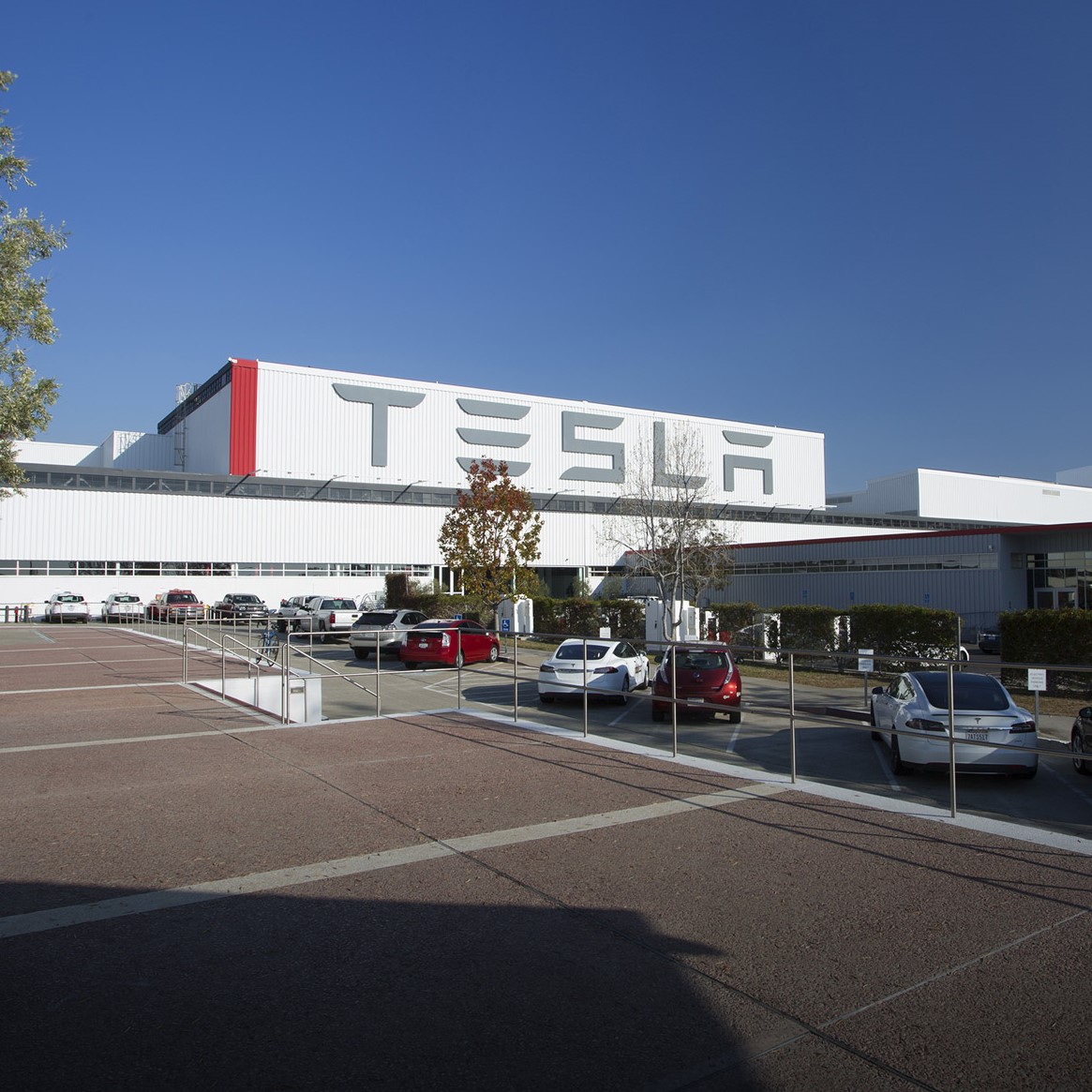Cars and Drivers
Merrill Lynch Outlines 7 Risks for Tesla After SolarCity

Published:
Last Updated:

If there is one firm that has been among the most pessimistic in ratings and valuation for Tesla Motors Inc. (NASDAQ: TSLA) it would be Merrill Lynch. This firm has had an Underperform rating even before it was cool to bash Elon Musk. Now Merrill Lynch is out with seven reasons to be concerned about the SolarCity Corporation (NASDAQ: SCTY) merger.
24/7 Wall St. noticed that the final takeover was really more like a takeunder in the share price of SolarCity. It also will force many losses on SolarCity investors, and the new Tesla will look quite different than the old Tesla, moving from an electric car company to a power company mixed with a car company (and with a solar financing arm that loses money galore).
Merrill Lynch reiterated its Underperform rating on Tesla and the firm has a $155 price objective. The firm’s Stephen Albert and Lorraine Hutchinson believe that company-specific initiatives will continue to challenge Tesla’s earnings. They also see a drag on cash flow and on its returns in the near term, and the SolarCity deal only adds further risk to Tesla’s fundamental business.
The first concern is that SolarCity’s addition may not be so sunny. The team sees limited synergies and worries about the recent loss-making and cash-burning business status of both companies, calling the industrial logic still vague.
Merrill Lynch also worries about earnings and cash flow being light in the second quarter. This was as deliveries have been under estimates. Elevated operating costs and cash burns were cited too.
A third issue is that deliveries look delayed and confused. The 14,370 cars delivered were more than 15% under the firm’s estimate and was lighter than its own forecast of 17,000.
Another issue is the end of the Tesla resale value guarantee, leaving customers on their own. This ends the assurance that Tesla customers can resell their Model S/X back to Tesla after three years at a set price.
The fifth concern is that the lower-priced Model S and X begs the question: if demand is so strong, why offer mix and price-dilutive variants?
Tesla’s recent autopilot crash is also a negative, but not material.
The seventh issue is that the master plan announcement may be a master distraction in a strategy to become a sustainable energy company. The plan lacked specifics on how it will achieve such objectives and how it will generate earnings, cash flow and returns that its shareholders should expect.
It is again important to realize that Merrill Lynch has been negative for quite some time on Tesla’s valuation. When analysts and investors are among the most negative through time, there is of course a risk that they become too biased or jaded, or perhaps have lost much objectivity. That may not be the case here, but it has to be at least considered. Merrill Lynch is positive on one issue about Tesla:
We view Tesla as a trailblazer in the electric vehicle market and believe the company could be successful as demand for alternative drivetrains accelerates in the years ahead.
Still, Merrill Lynch ultimately believes that consumer demand and regulatory issues for fuel efficiency will mean that electric vehicles could remain a niche market rather than becoming the mainstream choice for the foreseeable future.
Tesla shares were last seen trading down about 2% at $225.46 on Tuesday, in a 52-week range of $141.05 to $271.57. The consensus analyst price target is $252.58.
Thank you for reading! Have some feedback for us?
Contact the 24/7 Wall St. editorial team.